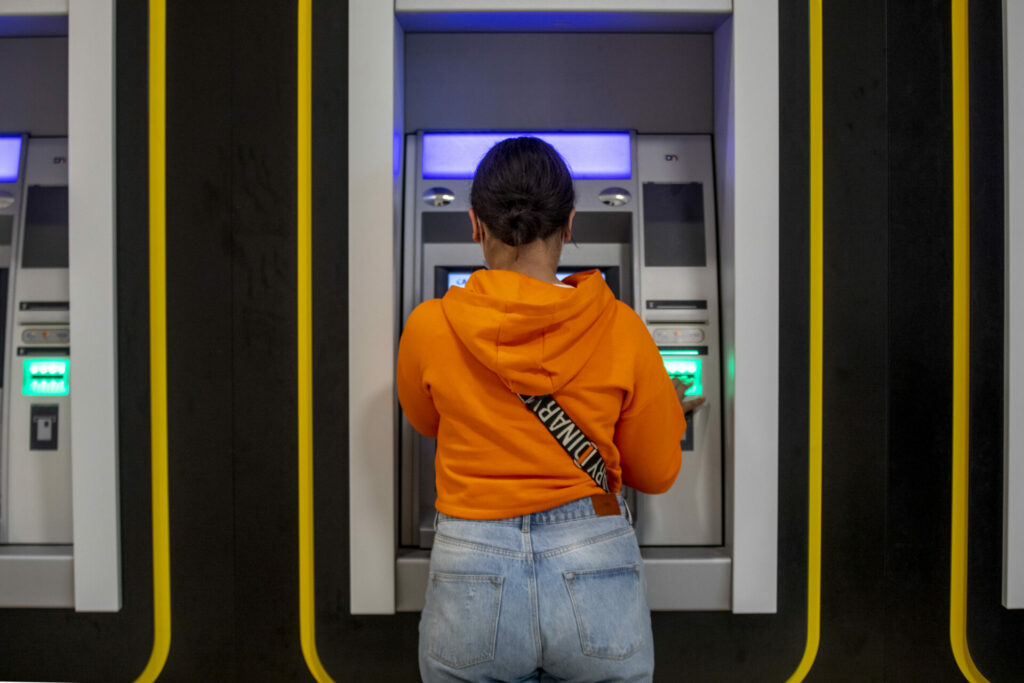Banks in Belgium offer significantly lower savings rates than those in neighbouring countries, according to a recent report by the IESEG School of Management.
The study found that in September this year the average savings rate in Belgium was just 0.55%: far below the European Central Bank's (ECB) 4% benchmark deposit facility rate, and beneath the average rate in Germany (0.59%), the Netherlands (1.32%), France (2.41%), and Luxembourg (3.33%).
The IESEG also reported that recent rate hikes by some Belgian banks fall vastly below what is required to offer customers internationally competitive yields.
"The efforts of Belgian banks to better remunerate regulated savings deposits have been very insufficient," it noted. "Since [September] there have still been some initiatives by major banks to raise rates on regulated savings deposits, but they remain below what would be necessary for a real rebalancing."
The study further suggested that banks worried about customers withdrawing their funds to invest in the much-anticipated new special high-yield government bonds should increase their rates to appropriate levels.
"Banks would have the opportunity to reduce the flight from savings accounts to the new bonds by increasing the rates on regulated savings deposits," it noted.
'Increasing exposure to risk'
Interestingly, the IESEG also urged the Federal Government to be cautious about any further short-term bond issues. It argued that such bonds' success would heavily depend upon future ECB policy – and hence that they could severely exacerbate Belgium's already severe public debt crisis.
"Borrowing massively again for a year, in the form of government bonds, could pose some problems of public debt management," the study noted.
"What is borrowed for a year will have to be repaid in 12 months with money that will have to be borrowed again, at the interest rate that will prevail then... An increased share of short-term debt issued is increasing the exposure to the risk of rising interest rates."
The IESEG therefore called on the Federal Government to consider issuing bonds of "longer duration, for instance 3 or 5 years".
Related News
- Belgian Government brands banking sector an 'oligopoly' due to lack of competition
- New special state bonds anticipated before end of 2023
Approximately 600,000 Belgians participated in the government's special one-year bond sale earlier this year, raising a colossal €21.9 billion for the Belgian State.
By design, the bonds offered attractive alternative to the savings rates offered by most Belgian banks. Indeed, Finance Minister Vincent Van Peteghem noted that the main purpose of the bonds was to "boost competition and encourage banks to raise interest rates".
Some Belgian media outlets expect that the new bonds' rates will be even more generous than those previously issued. Both Le Soir and Virgule have predicted that they will offer an effective yield of 2.91% – ten basis points (i.e. 0.1 percentage point) more than those sold in August.

